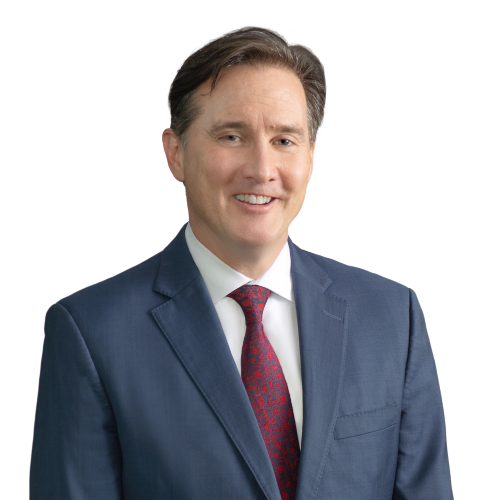SEC and CFTC Amend Form PF … Again: Private Fund Advisers Should “Kick the Tires” Before Next Race to File
In February 2024, the SEC and the Commodity Futures Trading Commission (CFTC) adopted major amendments to Form PF to provide greater transparency into the operations and strategies of private funds, and to assist the commissions and the Financial Stability Oversight Council (FSOC) in identifying trends across the private funds industry.
Form PF, jointly adopted in 2011 by the commissions, requires private fund advisers to report extensive information regarding their firms, the funds they advise, and certain related persons. While the form was adopted primarily to help the then-newly formed FSOC identify and monitor systemic risk related to the private fund industry, it is also used by the commissions in their examination programs.
Since Form PF’s adoption, the commissions have made several “pit stops” to keep it in what they consider to be racing shape, including amendments in 2014 in connection with money market fund reforms; again in May 2023 to require certain event reporting for large hedge fund advisers, private equity fund advisers, and to revise the reporting requirements of certain large private equity fund advisers; and again, in July of last year, in connection with money market fund reforms. The scope of the 2023 amendments is substantial, and they are currently under legal challenge as described in “Courts May Call ‘Lane Violation’ on Recent SEC Actions.”
Among others, noteworthy amendments adopted in February include the following.
- Master-Feeder and Parallel Fund Structures. The commissions claim that allowing advisers discretion to report master-feeder and parallel fund structures, in the aggregate or separately, has obscured their risk profiles. Consequently, as amended, Form PF generally will require separate reporting of each private fund in such structures. By contrast, advisers will no longer be permitted to report parallel-managed accounts (as distinct from parallel funds) separately.
- Reporting Fund of Funds. To provide more clarity and uniformity for reporting purposes, the amendments will also require an adviser to include the value of a fund’s investments in other private funds, internal or external, when determining whether certain thresholds or definitions are met (e.g., reporting as a large hedge fund adviser and whether a hedge fund is a qualifying hedge fund).
- Reporting “Trading Vehicles.” The amendments will require advisers to report, on an aggregated basis for a reporting fund, all trading vehicles, whether fully or partially owned by the reporting fund. Currently, Form PF does not require advisers to identify trading vehicles, which are separate legal entities that may be used by a private fund for jurisdictional, tax, or other purposes.
- Operations and Strategies. The amendments will require additional identifying information regarding the private fund adviser, its related persons, and their private fund assets under management, as well as details regarding the private funds they manage and such funds’ assets, financing, investor concentrations, and performance.
- Digital Assets. Amendments were also made to require reporting, as applicable, on a hedge fund’s use of digital assets as an investment strategy.
Both the effective date and compliance date for these amendments is March 12, 2025. Like trying to rebuild an engine mid-race, the challenges, costs, and administrative burdens imposed on many advisers by the latest Form PF amendments are likely to be substantial. For that and other reasons, these amendments may very possibly come under legal challenge similar to that mentioned above as to the 2023 revisions (or at least be affected by the outcome of that challenge).
In any event, before test-driving the firm’s data on the revised form, private fund advisers should use this time to:
- Determine which of the amendments will impact its Form PF filings.
- Assess whether changes need to be made as to how the firm collects, organizes, and reports required data for Form PF.
- Ascertain whether the firm maintains the information newly required by these amendments on a routine and organized basis, or if it can readily access it.
- Determine whether any new systems, vendors, or reports are required in order to comply.

